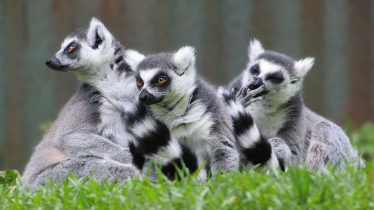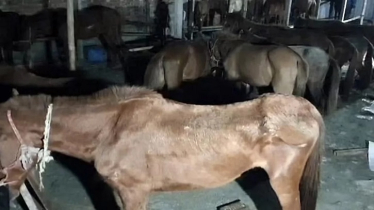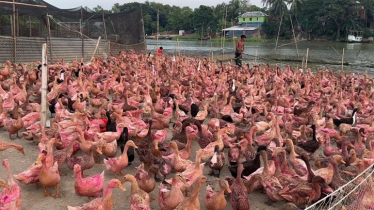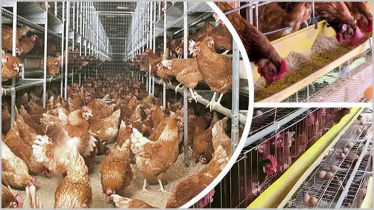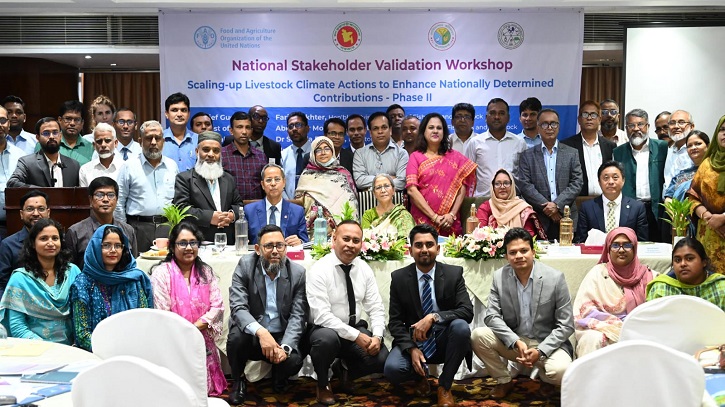
Fisheries and Livestock Affairs Adviser Farida Akhter has emphasized the importance of conserving and improving indigenous cattle breeds to enhance productivity and ensure sustainable livestock development. She noted that the local cattle breeds of Bangladesh have survived and adapted to the country’s diverse environmental conditions over generations, making their unique genetic traits a valuable asset for the future.
She made the remarks on Wednesday morning at the national stakeholder validation workshop titled “Scaling-up Livestock Climate Actions to Enhance Nationally Determined Contributions – Phase II,” held at Hotel Sarina in Dhaka.
Highlighting the resilience of local breeds to climatic variations, the adviser cautioned that overreliance on crossbreeding programs may pose future risks. She underscored the need to preserve native cattle breeds to maintain climate adaptability within the livestock sector.
Farida Akhter pointed out that prolonged heatwaves, unpredictable weather patterns, and disrupted production have emerged as major challenges for the fisheries and livestock sectors. She stressed the need to ensure the participation of Bangladeshi researchers, scientists, and officials from the Bangladesh Livestock Research Institute (BLRI), Department of Livestock Services (DLS), and Department of Fisheries in global discussions, particularly during COP-31, to strengthen the country’s position on climate-related issues.
She also remarked that the dietary habits and lifestyles of developed nations are responsible for a significant share of global greenhouse gas emissions, while climate-vulnerable countries like Bangladesh are often unfairly blamed due to the lack of established sector-specific systems for measurement, reporting, and verification (MRV).
The workshop was presided over by Dr. Md. Abu Sufian, Director General of the Department of Livestock Services. Special guests included Jiaoqun Shi, Representative of the Food and Agriculture Organization (FAO) in Bangladesh; Dr. Shakila Faruque, Director General of the Bangladesh Livestock Research Institute; and Mr. Jean De Dieu Ayabagabo, FAO Livestock and Climate Change Specialist.
The welcome address was delivered by Dr. Khan Shahidul Haque, National Project Coordinator of FAO. A presentation on “Reducing Greenhouse Gas (GHG) Emissions in Dairy and Beef Production Systems: Achievements and Future Roadmap of the LDDP Project” was presented by Dr. Shakif-ul-Azam, Deputy Project Director of the LDDP project.
Senior government officials, researchers, representatives from development partners, and NGOs attended the workshop.


